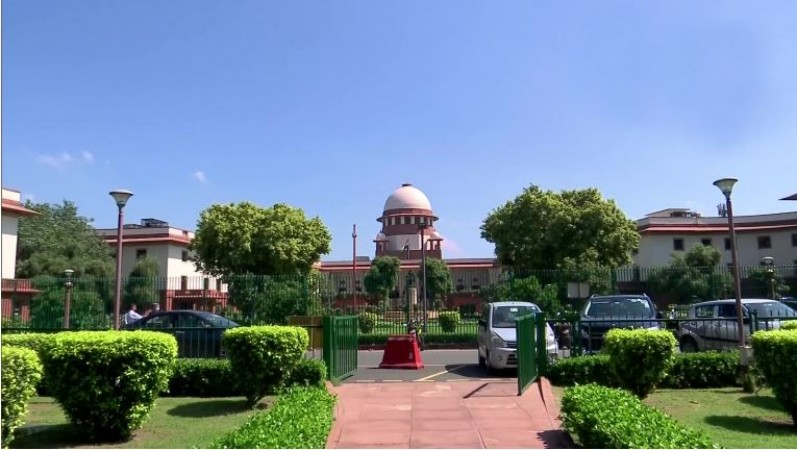
NEW DELHI: A day before Chief Justice India Uday Umesh Lalit leaves, the Supreme Court issued a significant ruling on the constitutionality of the national law providing benefits of 10% reservation for the economically underprivileged sectors of society (EWS).
As the highest court supported the ordinance, Justice Dinesh Maheshwari stated, "The EWS quota statute does not violate basic structure or equality code for taking into account economic criterion." By surpassing the 50% ceiling for quota, "it also doesn't destroy any fundamental characteristic because the ceiling is flexible itself," he continued. By a vote of 3-2, the court maintained the quota statute.
Justice Bela M Trivedi also affirmed the law. A five-judge panel, led by the Chief Justice and made up of justices Dinesh Maheshwari, S. Ravindra Bhat, Bela M. Trivedi, and J.B. Pardiwala, was making decisions on a number of legal matters pertaining to the legality of the 103rd Constitutional Amendment, which established a 10% reservation for members of economically weaker sections of society. With the 103rd Amendment Act, Articles 15(6) and 16(6) were added to the Constitution, granting EWS --those who did not belong to the SC, ST, or OBC --and whose annual family income was less than 8 lakh -- 10% reservation in employment and admissions.
Justice S Ravindra Bhat was among the judges to dissent, calling the law "violative and discriminatory of basic structure".
One of the legal issues covered was whether the 103rd Constitutional Amendment violated the Constitution's fundamental principles by allowing the State to impose special rules, such as reservations, based on economic criteria or by allowing the State to impose special rules for admission to privately run institutions.
The 103rd Constitution Amendment breaches the 50 percent ceiling on reservation fixed in the 1992 Indra Sawhney, more commonly known as Mandal Commission case. According to the ruling of the nine-judge panel in the Indra Sawhney case, "reservation should not exceed 50%, excluding some extreme cases."
RSS cancels TN route march after curb imposed by High Court
Criminal leaders with serious charges will continue to get bail? Know what the SC said
A large bench of SC will now hear the free election promises